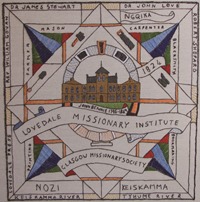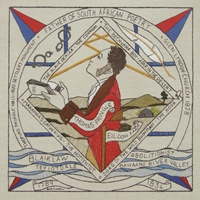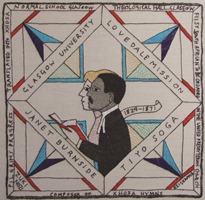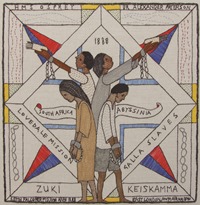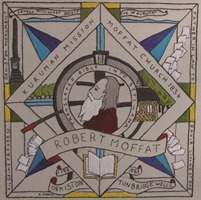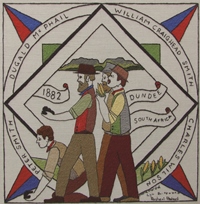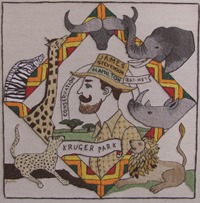|
ZA01 |
ZA01A |
ZA02 |
|
ZA03 |
ZA04A |
ZA04 |
|
ZA05 |
ZA06 |
That the Scots have played their part in the story of South Africa is immediately borne out by the wealth of Scottish place names still to be found there today: Aberdeen, Balmoral, Dundee, Dunkeld, Glencoe, Scottburgh to name but a few. Other places have taken their name from the Scots themselves: Cathcart in the Eastern Cape is named after George Cathcart, aide to Wellington at the Battle of Waterloo and Governor of Cape of Good Hope in 1852–3; the wine-producing Robertson in the Western Cape takes its name from the Scottish minister Dr William Roberston, minister of Swellendam, who preached for many years around the time the town was founded in 1853. He was one of many Scottish ministers who took over Dutch Reformed parishes at the Cape.
The story of Scottish involvement in the area dates to the eighteenth century. Between 1772 and the 1780s, two Scottish botanists played an important role in making the Cape flora known to the world. The Aberdonian Francis Masson explored the Cape between 1772 and 1775, financed by George III to collect plants for Kew gardens. He returned to the Cape in 1785. In 1777 a young William Paterson, from Kinettles in Angus, travelled far into the interior under the patronage of the Countess of Strathmore and collected many botanical specimens. He later published a book with the title Four Journeys into the Country of the Hottentots and Caffraria! He went on to have a military career and had a greater influence in New South Wales and Tasmania, where he continued to collect botanical samples even when he was a governor. He and Masson began the process of bringing Scotland to South Africa. The great missionary Robert Moffat from Ormiston, moved beyond the Cape frontier to Kuruman where he served from 1820-1870, establishing contacts with other African peoples further north. The remarkable Thomas Pringle, from the Borders, a protégé of Sir Walter Scott, went to the Cape as an 1820 settler. He was a notable poet and is regarded as the founder of English literature there. He also founded educational establishments and was a political agitator.
Over successive generations Scots could be found at the forefront as British influence in southern Africa spread. Whether they were planning roads and railways, developing land for agriculture, founding banks, companies and educational institutions, preaching or settling, they made their mark on the landscape and on the lives of indigenous Africans. After the Second Boer War ended in 1902, some Scottish veterans chose to stay on in South Africa and re-enlist in a new Transvaal Scottish Regiment, a unit which still operates in the army today. The regiment was founded by John Murray, later the 7th Duke of Atholl, and thereafter the Dukes of Atholl have continued to maintain their presence there.

